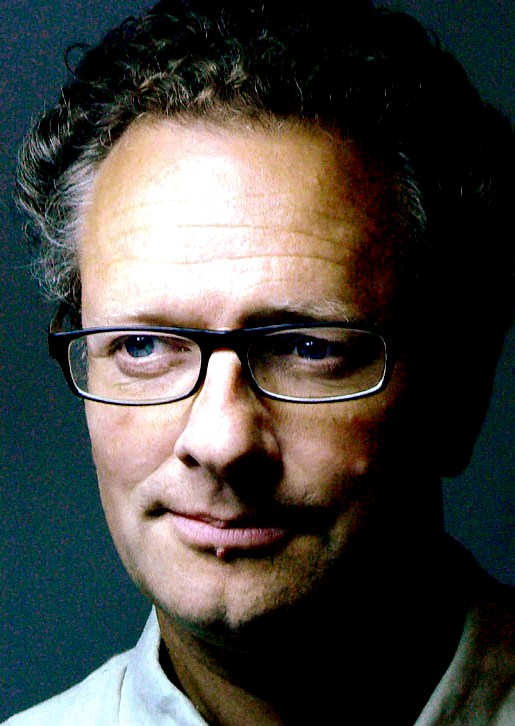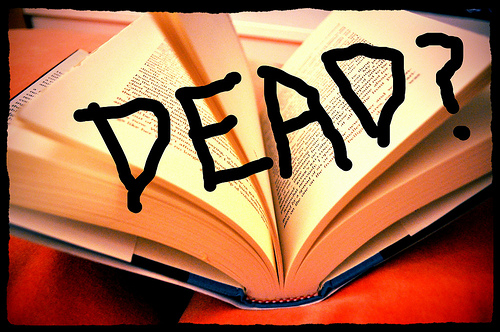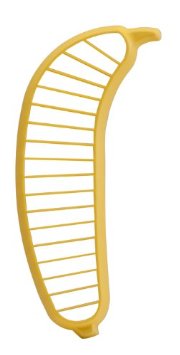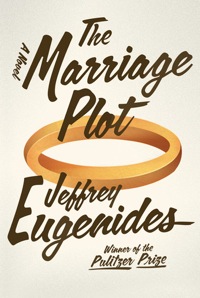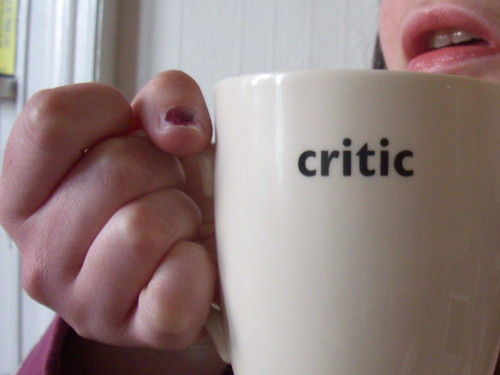Owl Criticism
by Charles Baxter
From the Archives: In this 2011 essay, Baxter writes that a trustworthy review has “a kind of doubleness: the reviewer manages to assert somehow that the book under discussion is of some importance for one reason or another; and second, a good review provides a formal description of the book’s properties, so that you could reconstruct it from the reviewer’s sketch of it.”


